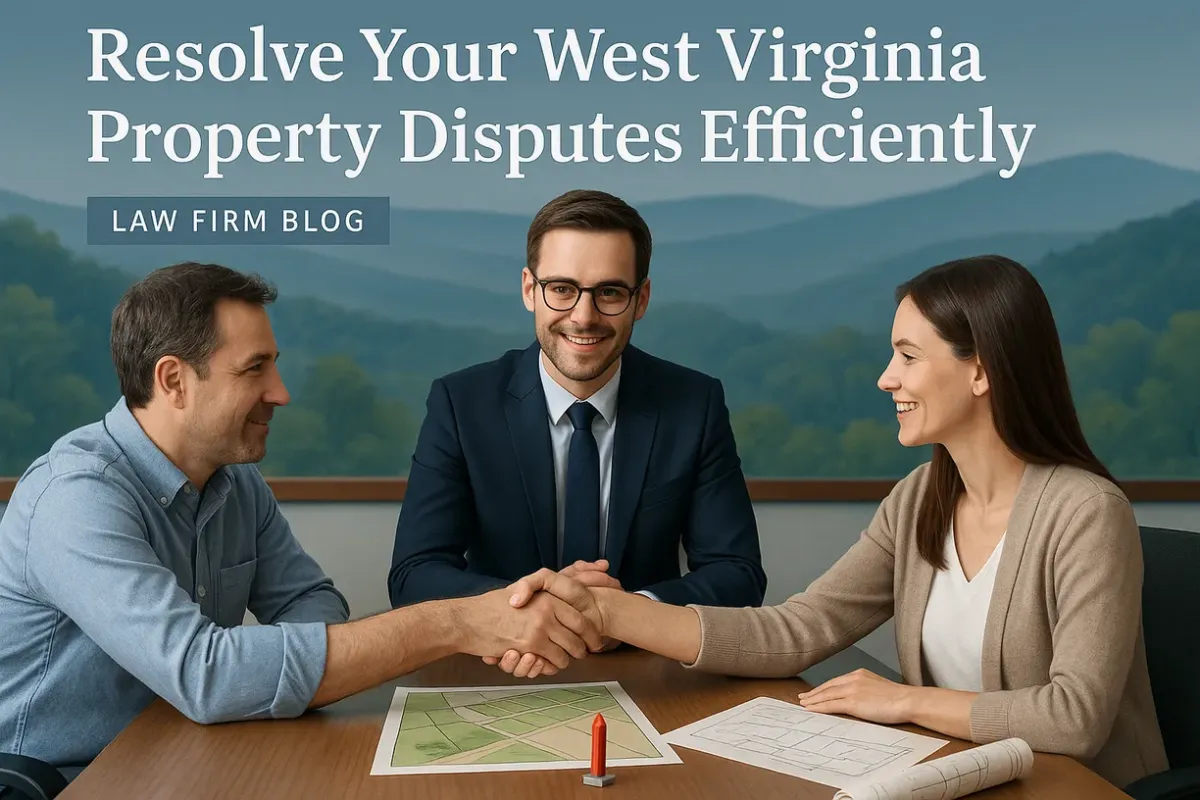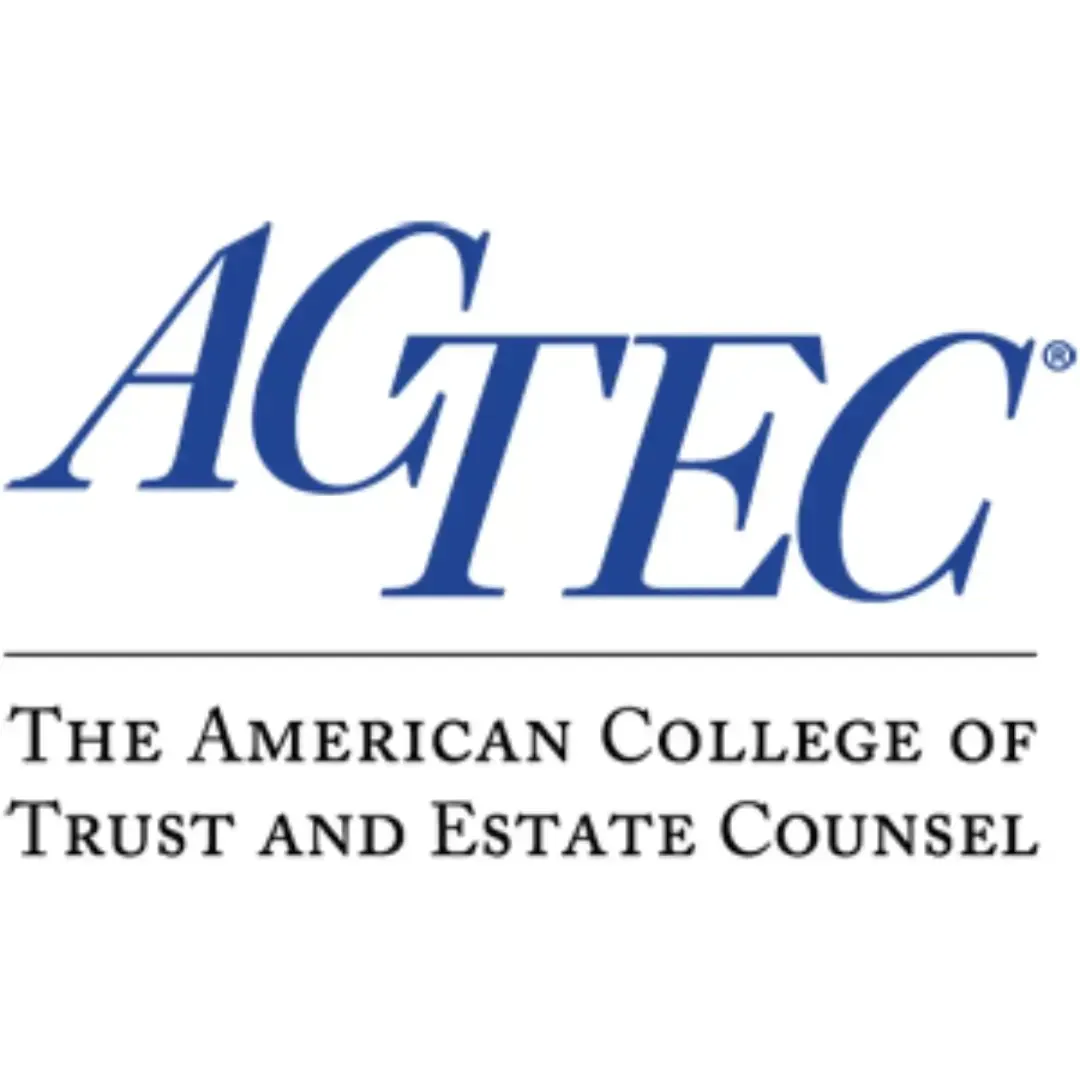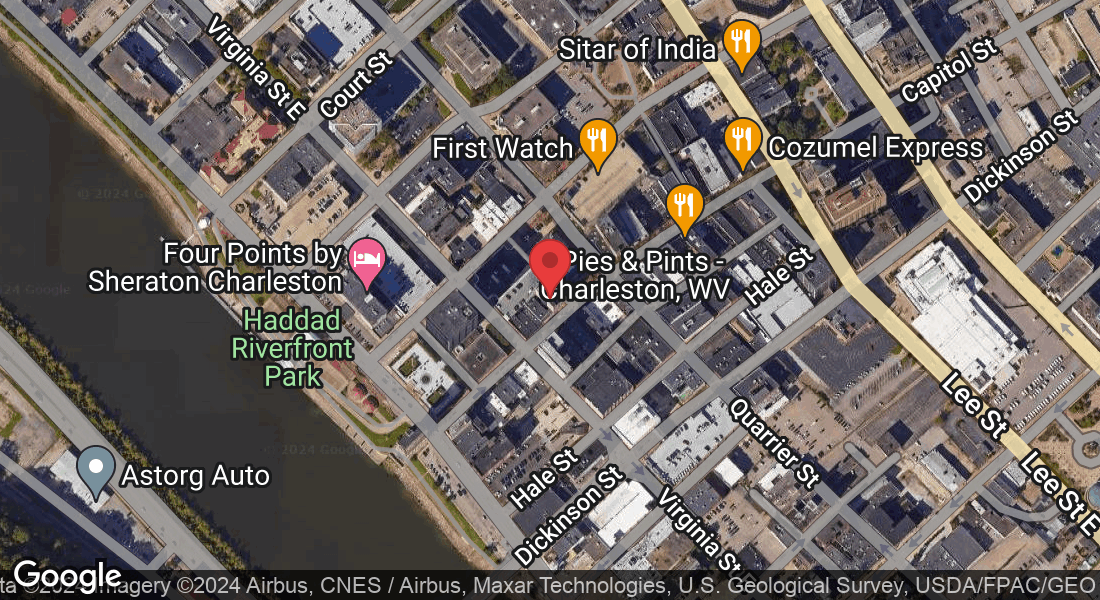
Blogs

Resolve Your West Virginia Property Disputes Efficiently
West Virginia Property Dispute Resolution: How to Resolve Property Conflicts Effectively
Property disputes in West Virginia can arise from unclear boundaries, landlord-tenant issues, or disagreements during real estate transactions. Resolving these conflicts efficiently—and legally—requires the right strategy. In this guide, we’ll walk you through mediation, legal representation, and the key steps involved in property dispute resolution throughout the Mountain State.
What Is West Virginia Property Mediation and How Does It Work?
Property mediation is a voluntary, confidential process where a neutral third party helps disputing parties reach a mutually agreeable solution—without going to court. It’s often used in disputes between neighbors, landlords and tenants, or even family members.
Steps in Property Mediation:
Initial consultation with a mediator
Agreement to mediate
Joint sessions to discuss the issues
Negotiation of settlement terms
Signing of a written agreement
What Are the Benefits of Property Mediation in West Virginia?
Faster resolution than litigation
Lower costs
More control over the outcome
Preservation of relationships, especially with neighbors or tenants
Confidentiality (unlike public court records)
How Do You Find a Qualified Property Mediator in West Virginia?
Search the West Virginia State Bar or mediation directories
Look for mediators certified in Alternative Dispute Resolution (ADR)
Check credentials, experience in property law, and client reviews
FAQs About Property Mediation
Is mediation legally binding? Yes, if both parties sign a written settlement agreement.
Can lawyers attend mediation? Yes, and it’s often advisable for legal guidance.
Who Are Property Dispute Lawyers in West Virginia and When Should You Hire One?
Property dispute lawyers are attorneys who handle conflicts related to ownership, boundaries, tenancy, and real estate transactions. You should hire one when:
Mediation fails
The dispute involves legal documents or contracts
You're dealing with title defects, encroachments, or easements
What Services Do Property Dispute Lawyers Provide in West Virginia?
Legal advice and document review
Negotiation with opposing parties
Filing or defending lawsuits
Representation in court or mediation sessions
Drafting settlement agreements
How Do You Choose the Right Property Dispute Lawyer?
Experience with West Virginia real estate law
Knowledge of local zoning and boundary rules
Clear communication and strategy
Transparent fee structure
What Is the Typical Cost of a Property Dispute Lawyer in West Virginia?
Costs vary by complexity, but typical rates include:
Hourly rates: $150–$350/hour
Flat fees: For document drafting or basic mediation
Contingency: Rare in property cases but possible if damages are sought
Common FAQs About Property Dispute Lawyers
Do I need a lawyer for a boundary dispute? Not always, but legal representation helps protect your property rights.
Can a lawyer help resolve a landlord-tenant dispute? Yes—especially if the dispute may go to court.
How Are Boundary Disputes Resolved in West Virginia?
Boundary disputes are often resolved through:
Title research and surveys
Mediation or arbitration
Court action, if no agreement is reached
Common Causes of Boundary Disputes
Misplaced fences
Conflicting deeds or surveys
Unrecorded easements
Encroachments from sheds or driveways
Steps to Resolve a Boundary Dispute
Hire a licensed surveyor
Consult a real estate attorney
Attempt mediation
File a lawsuit if necessary
FAQs About Boundary Disputes
Can I move a neighbor’s fence? No. Always seek legal advice before taking physical action.
What if my deed contradicts my neighbor’s? You’ll likely need a title search and possibly court intervention.
Landlord-Tenant Disputes in West Virginia
Disputes between landlords and tenants are among the most common real estate conflicts. These include:
Unpaid rent
Security deposit disputes
Eviction disagreements
Maintenance and repair failures
Tenant and Landlord Rights in WV
Tenants: Right to a habitable unit and due process in eviction
Landlords: Right to timely rent and property maintenance
Resolving Landlord-Tenant Disputes
Communication first
Use WV eviction notice procedures if necessary
Consider mediation or small claims court
FAQs About Landlord-Tenant Disputes
Can a landlord enter without permission? Only in emergencies or with proper notice.
How long does eviction take in WV? Typically 1–2 months if uncontested.
How Does Real Estate Conflict Resolution Work in WV?
Real estate conflicts can involve:
Breach of purchase agreements
Title defects
Construction disputes
Zoning issues
Resolution options include negotiation, mediation, arbitration, or litigation.
Comparing Dispute Resolution Methods in West Virginia
1. Mediation
Collaborative
Confidential
Voluntary
2. Arbitration
Binding or non-binding
Quicker than court
Less formal
3. Litigation
Formal court process
Judge decides outcome
Binding, with appeal rights
When Is Court Litigation Necessary for Property Disputes?
When mediation fails
When property damage or monetary compensation is at stake
When there’s a need for an injunction or enforcement of rights
Preparing for Property Dispute Resolution
What to Gather:
Deeds, leases, contracts
Photos, surveys, inspection reports
Communication records (emails, texts, letters)
Financial documents or repair invoices
Tips for Communicating
Stay factual and calm
Avoid accusatory language
Let your attorney guide difficult conversations
What Happens After a Property Dispute Is Resolved?
Sign a settlement agreement
Update legal documents (e.g., deeds, leases)
Record changes with the county if needed
Follow up with compliance or next steps as agreed
Final Thoughts
Resolving property disputes in West Virginia doesn’t have to mean going to court. With the right legal guidance and a well-prepared strategy, you can protect your property rights and resolve conflicts efficiently. Whether it’s a boundary issue, a lease disagreement, or a real estate transaction gone wrong, the team at Ray, Winton & Kelley, PLLC is here to help.
Need assistance with a property dispute in WV? Contact us today for trusted legal support.
If you're in need of legal help, let's talk.
Our lawyers have many years of experience, and are excited to help you with your case. Whatever your legal needs may be, we can provide the experienced legal representation you require. Let's talk about your case and see how we can help you achieve the best possible outcome. Even in circumstances in which we are unable to represent a person, we can often help find another attorney that can. So make us your first contact.
Get In Touch
Phone Number:
Address
109 Capitol Street Suite 700
Charleston, WV 25301
Assistance Hours
Mon – Fri 9:00am – 5:00pm
Saturday – Sunday CLOSED







